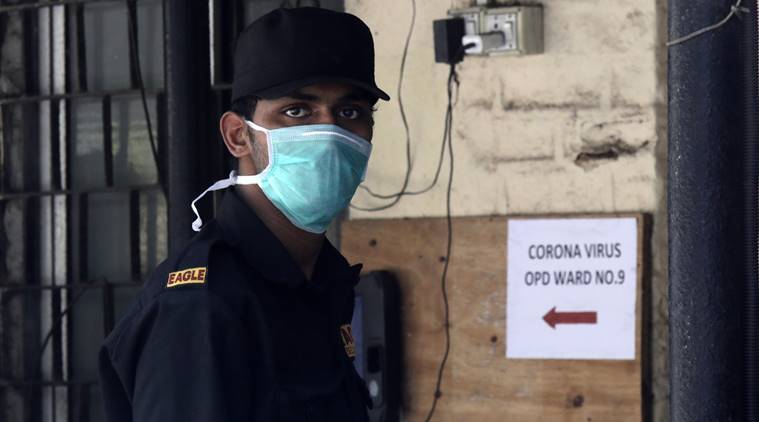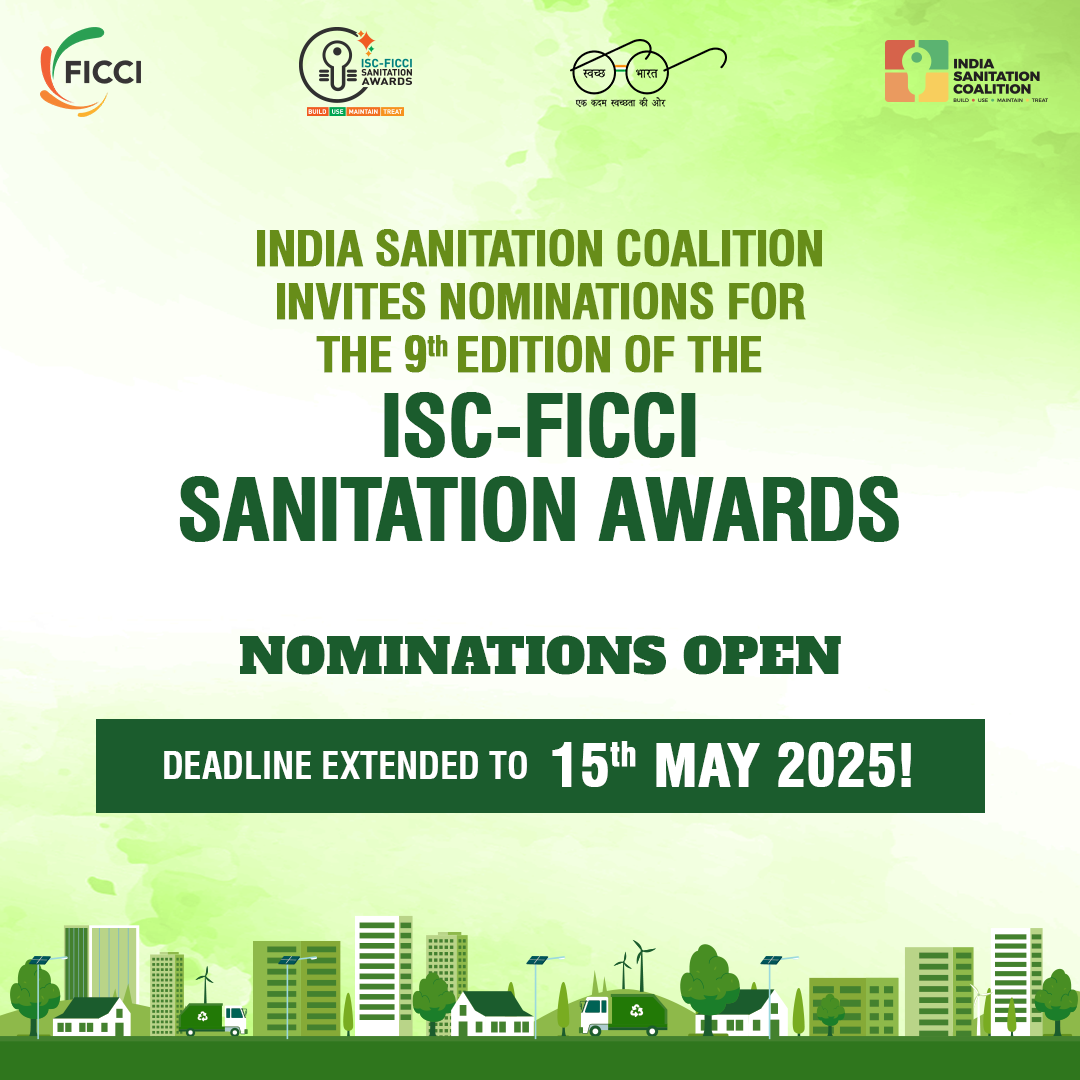Handwashing Is A Habit That Can And Must Be Sustained Even After Coronavirus

The coronavirus has taken the world by storm. This highly contagious and deadly virus spreads primarily when people touch surfaces where the virus has been deposited by infected individuals, and then touch their eyes, nose or mouth. This chain is best broken by the simple act of handwashing with soap, and this has been correctly projected as the silver bullet in our collective battle against this global health catastrophe.
The message that washing one’s hands thoroughly with soap for 20 seconds neutralises the virus is being promoted by several stakeholders the world over — governments, multilateral agencies, private sector participants, media and entertainment channels, and even celebrities. And there is little doubt that these efforts are paying off and that many more people are washing their hands with soap much more frequently than they were in the past.
However, once the pandemic is behind us, will this good habit stick? Richard Thaler, one of the global gurus on behavioural economics, and co-author of Nudge, when in Delhi over a year ago and in a discussion with us on the Swachh Bharat Mission, advised that it would take at least 2-3 years of continued behaviour change communication efforts to sustain the habit of using toilets and stopping open defecation.
Coming back to handwashing with soap, it is little known that this simple practice is extremely effective against several other viruses and diseases as well. Research has time and again shown the direct causality between the reduction of diseases and regular handwashing with soap, especially at critical times of pre-meals, post-defecation and pre-feeding babies. According to UNICEF, handwashing at the aforementioned critical times can save millions of lives, especially of children below five, by reducing diarrhoea rates by more than 40 per cent. Moreover, handwashing not only reduces the rate of infection but also keeps children in school, since they are not staying home due to illness. That said, it is also estimated that the rates of handwashing with soap at these critical moments is very low the world over — ranging from zero per cent to 34 per cent.
Editorial | Finance Minister’s package to deal with corona fallout can be only a beginning, will need to be reviewed as situation changes
There have been several efforts in the past by various stakeholders to promote handwashing and hygiene. There has been momentum generated on the subject at the time of previous epidemics in the 21st century — during SARS and Swine Flu. On both occasions, handwashing with soap became fashionable in parts of the world most affected by the diseases, but failed to sustain and become ingrained as a habit for posterity. This can be partially attributed to the fact that once the threat of the diseases had faded, there was not enough follow-through in terms of sustained behaviour change communication on the subject. Slowly, people returned to their old ways, with the need for handwashing not being as apparent anymore. This time, however, there has been a multi-stakeholder barrage of communication on the subject like never before, and more countries are affected by coronavirus than any pandemic in recent memory. In this threat is also an opportunity for the world — to make handwashing with soap the default behaviour and a key public health objective, even after the threat of the virus is behind us. This time, the behaviour change can and must be sustained.
I have been working in the water, sanitation and hygiene sector for over two decades, and I have had my own experience of co-organising a multi-stakeholder effort to promote hygiene behaviour, and in particular, handwashing with soap. During my first stint in the World Bank about 20 years ago, a couple of colleagues and I developed a major global knowledge programme we called the Public-Private Partnership for Handwashing with Soap (PPP-HWS), which brought together the biggest soap companies in the world, the health experts and the top global agencies in a coalition aimed at securing and promoting global knowledge on the subject, but also curating and integrating this knowledge into some country implementation strategies.
Opinion | State’s measures to fight coronavirus are stripping the poor of dignity and hope
Three developing countries agreed to implement the knowledge and research coming out of this partnership: India through the state of Kerala, Ghana and Peru. While the programme did not take off in Kerala as the then state government believed that it was a ploy by multinational companies to sell soap and undermine the socialist traditions of the state, Ghana and Peru, implemented very successful campaigns.
Today, in India, we have a comparative advantage with respect to large scale behaviour change, having implemented perhaps the largest ever social revolution the world has ever seen — the Swachh Bharat Mission. Over 55 crore people have changed their habit of open defecation and have started using toilets. This has come about because the people adopted the programme as their own and made it a true jan andolan. Today, the focus is on sustaining the changed behaviour — that of using toilets and stopping defecating in the open. It will still take a lot of effort, but the commitment to do so is there and the behaviour change communication and the capacity building at the local level will continue. The government has also developed a 10-year strategy on rural sanitation and is increasing the scope of swachhata from ODF to ODF Plus, which includes solid and liquid waste management.
Just as we are today collectively promoting handwashing with soap to fight the coronavirus, we must continue to work together to ensure that this habit sticks. It should not take a pandemic to promote hygiene behaviour. It saves lives even in not-so-desperate times.
Also read | Opinion: The need of the hour is for Centre to release funds for states to fight COVID-19
This article first appeared in the print edition on March 27, 2020 under the title ‘It shouldn’t take a pandemic’. The writer is secretary, Department of Drinking Water and Sanitation, Ministry of Jal Shakti. Views are personal.
